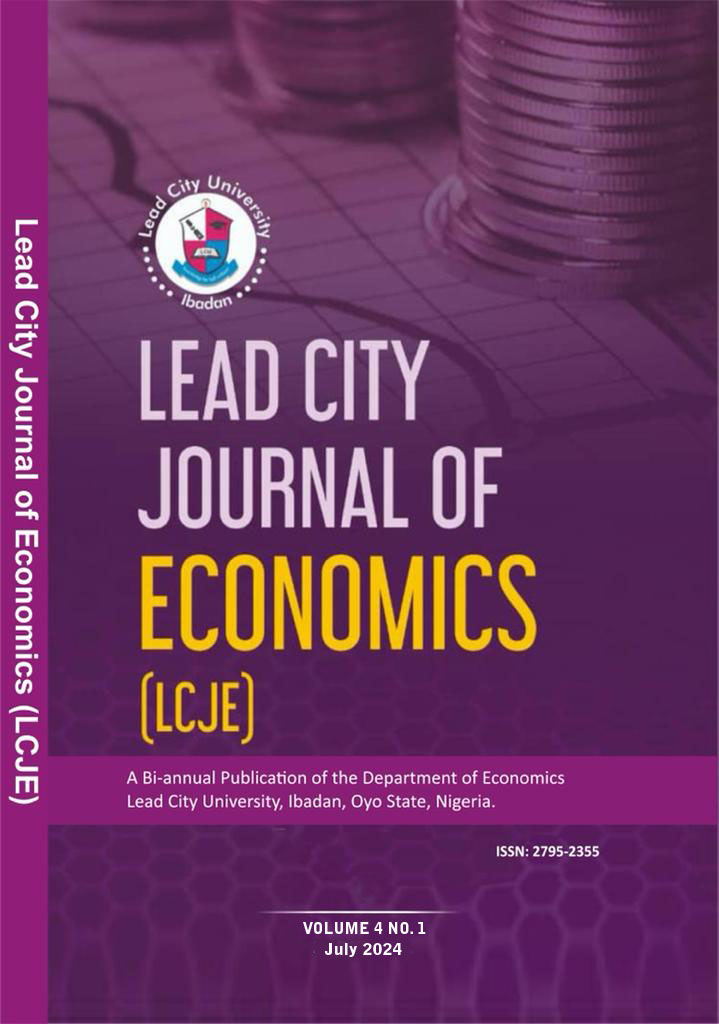Analysis of Asymmetry between Population Growth and Food Production in Nigeria
Keywords:
Population growth, food production, food security, Malthusian theory, NigeriaAbstract
Nigeria faces a critical challenge of diminishing food production amidst rapid
population growth, projected to exceed 400 million by 2050. This study
analyses the asymmetric relationship between population growth and food
production in Nigeria between 1981 and 2021, integrating Malthusian theory
with empirical evidence. Employing a Vector Autoregression (VAR) model
and the Toda-Yamamoto causality test, findings indicate that positive
population growth stimulates increased food production, and conversely,
enhanced food production supports further population growth. The analysis
also shows that negative population growth shocks influence food production,
and that labour force participation in agriculture is a key positive driver of
output. These results challenge simplistic Malthusian predictions and
underscore the role of human capital in agricultural productivity. The study
concludes that population growth and food production are dynamically
interlinked. Thus, the study recommends integrated policymaking that
simultaneously promotes agricultural investment, technological adoption,
and human development through improved healthcare, education, and family
planning to harness demographic trends for sustainable food security

